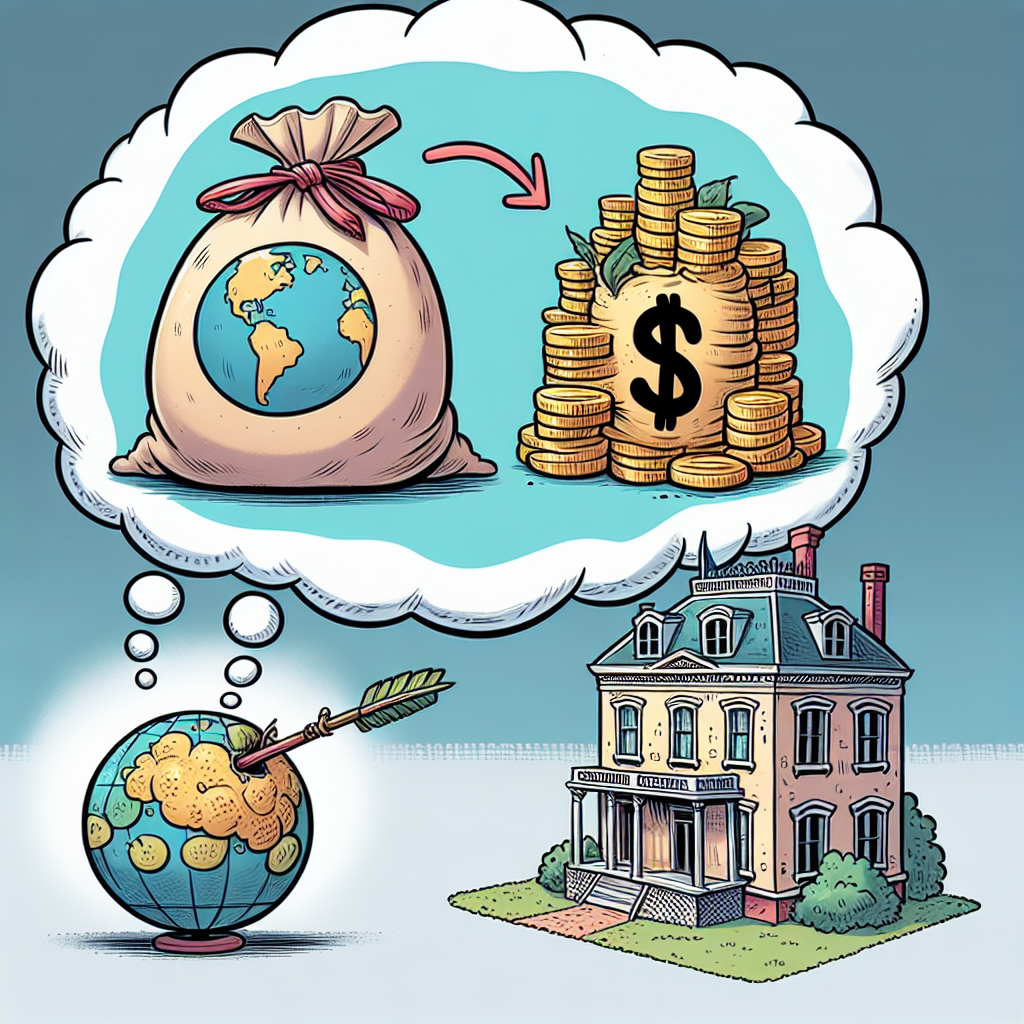California's Bold Reparations Move: Apology For Slavery and Increased Protections
California officially apologizes for slavery and its lasting effects on Black Americans under a new law signed by Governor Gavin Newsom. The legislation is part of a reparations package, also expanding protections against hair discrimination in sports and improving oversight on prison book bans.

- Country:
- United States
California will formally apologize for slavery and its lingering effects on Black Americans under a new law signed by Governor Gavin Newsom. The legislation is part of a package of reparations bills introduced this year aiming to repair decades of policies that caused racial disparities among African Americans. Newsom also enacted laws to increase protections against hair discrimination for athletes and to enhance oversight over the banning of books in state prisons.
"The State of California accepts responsibility for the role we played in promoting, facilitating, and permitting the institution of slavery, as well as its enduring legacy of persistent racial disparities," said the Democratic governor in a statement. Newsom signed the bills after vetoing a proposal that would have helped Black families reclaim or be compensated for wrongfully seized property. The bill was blocked because lawmakers did not create a reparations agency to review claims.
Efforts to study federal reparations have stalled in Congress for decades, while states like Illinois and New York have created reparations commissions. Local officials in cities like Boston and New York City have initiated task forces to study reparations. California has made significant strides but did not propose direct payments to African Americans this year, frustrating some advocates. Newsom's approved budget included $12 million for reparations legislation and new laws improving educational outcomes for students of color. A proposal to ban forced labor as criminal punishment will appear on November's ballot. The new law also mandates the Office of the Inspector General review books banned in prisons, enhancing transparency in the process.
(With inputs from agencies.)









